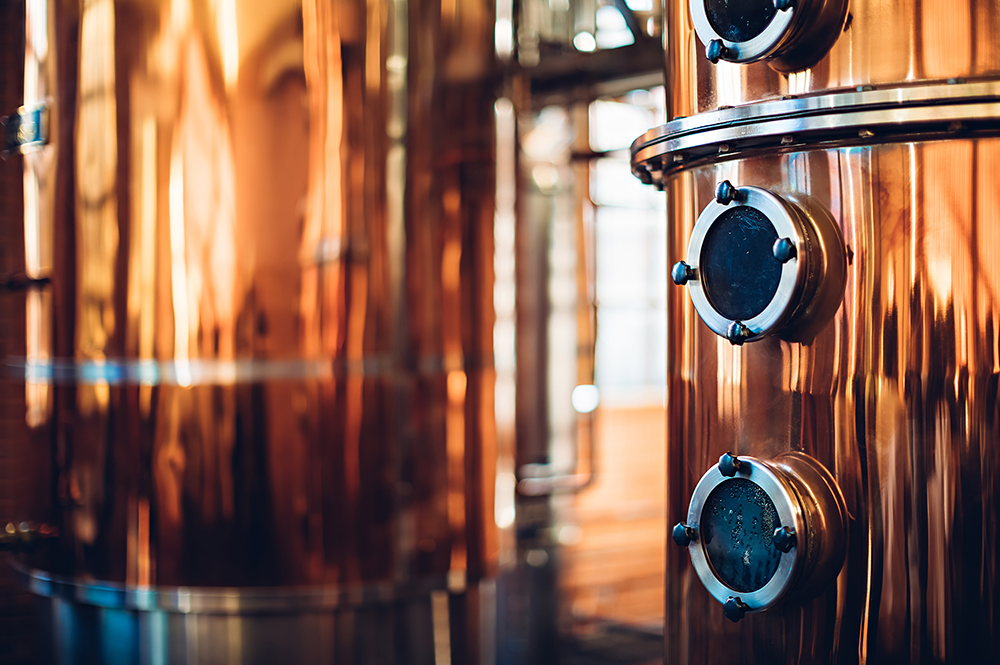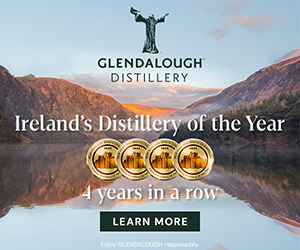Stories
Whisky is a passion to explore. From the history of the spirit to the evolution of the industry, the story of whisky helps fuel that passion. Often, it’s easy to forget that whisky is also a global multibillion dollar industry. The stories of whisky — from news and new releases to in-depth inquires and what goes on behind the label — blend together to help us appreciate the spirit of whisky.

Law Firm Targeting “Small-Batch” Producers
August 27, 2014 – A Chicago-based law firm is looking for consumers who bought “small-batch” whiskies from craft distillers and bottlers under what the firm suggests may be false pretenses. The site Consumer Class Actions.com suggests that a number of craft whisky brands have misrepresented their whiskies as coming from “small, independent distilleries when they are actually all made in the same large, generic distillery.” The distillery is not named, but is the MGP Ingredients (MGP-I) distillery in Lawrenceburg, Indiana (formerly known as Lawrenceburg Distillers, Inc., or LDI), which produces bulk whisky for sale to bottlers and whisky producers.
The web site names 10 whisky brands and producers, while maintaining that naming those brands does not “state or imply” that an illegal act was committed. The list includes Templeton Rye, Angel’s Envy Bourbon, Diageo’s Bulleit Rye, George Dickel Rye, and Seagram’s 7 whiskies, Breaker Bourbon (California), High West, WhistlePig Rye, Redemption Bourbon & Rye, and KGB Spirits’ Rancho de Los Luceros Destileria in New Mexico. The site suggests that its attorneys are investigating to see whether “legal rights have been violated.” Redemption co-owner Dave Schmier told WhiskyCast that “Small batch is not a legal term , so they need to define it and the first brands that really popularized the term were the Jim Beam small batch brands.” Beam’s original Small Batch Collection includes Knob Creek, Booker’s, Baker’s, and Basil Hayden’s Bourbons.
While federal regulations ban so-called “non-distiller producers” from using the term “distilled by” in their labeling, they are allowed to use the language “bottled by” or “produced by”. As Chuck Cowdery said during this week’s episode of WhiskyCast, there are a number of cases where non-distiller producers appear to be violating a federal regulation requiring that the state of distillation be disclosed on whisky labels when it is different from the producer’s home state. For example, the owners of Iowa’s Templeton Rye have acknowledged in previous WhiskyCast interviews that their whisky is distilled at MGP-I, but that does not appear on the Templeton Rye labels. The Treasury Department’s Tax & Trade Bureau is responsible for enforcing labeling regulations, but has not focused on the “state of distillation” regulation in recent years. There are no federal standards in place for defining the terms “small-batch” or “craft” whiskies.
At least five of the listed brands have either built or are in the process of building their own distilleries, including Templeton Rye, Angel’s Envy, High West, Ascendant Spirits (Breaker Bourbon) and WhistlePig. It should be noted that WhistlePig does not source its whiskies from MGP-I, but from Alberta Distillers in Canada. WhistlePig owner Raj Bhakta declined to comment on the law firm’s characterizations in an email to WhiskyCast.
High West distills its own whiskies in Park City, Utah, but founder David Perkins has been open in previous interviews and seminars about sourcing whisky from MGP-I. In an email, Perkins said he is “not very disturbed by this nor am I worried for anyone named. It sounds ludicrous!”
“We absolutely do purchase whiskeys from other distillers and have always been open about this on our labels, our website, on our tours, in stories about us, in events that we hold, and in whiskey blogs.”
Ascentant Spirits founder Steve Gertman told WhiskyCast that he has always been open about his company’s sourcing of bulk whiskey for Breaker Bourbon while the whiskey at his California distillery is maturing, and that his labels comply with the TTB’s regulations. KGB Spirits co-founder John Bernasconi ridiculed the law firm’s comments in an email, saying that “I can’t imagine a smaller batch than single barrel straight whiskey. We average 240 bottles/ batch (barrel).”
Seagram’s 7 has been produced at MGP-I for many years, dating back to when Seagram owned the distillery (and has not been marketed as a “small-batch” whisky).
The site is owned by Edelson PC, a Chicago law firm with offices in Denver and Los Angeles that specializes in class-action litigation. Class-action lawsuits typically are brought on behalf of a group of potential clients, with the suit representing all potential victims of an action, with the goal of helping individuals take on an industry or corporation as a group instead of filing thousands of individual lawsuits.
WhiskyCast has asked the firm’s designated spokeswoman for more information on Edelson’s plans, but has not received a response. We have also contacted each of the brands mentioned on the firm’s web site. This story will be updated with more information.
Editor’s note: This story has been updated to include responses from Ascendant Spirits, KGB Spirits, WhistlePig, and Redemption, in addition to previously added comments from High West’s David Perkins.



